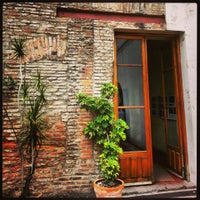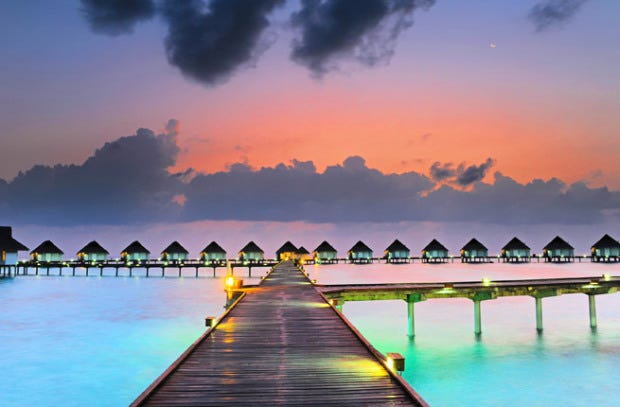Here is a list of best historic destinations om Buenos Aires covered by Dustin N Salzano .
Buenos Aires has always felt to me like a
city whose greatest secrets are yet to be told, and whose myths might
be unearthed if only we could peel away the layers of truth. Nonsense,
of course; but it encourages me to keep walking and exploring, looking
at old buildings, looking behind new buildings, finding strangeness and
beauty wherever I can.

1) Plaza de Mayo
Named for Argentina’s independence revolution of May 1810, Plaza de
Mayo continues to be a focal point for protest (the Mothers of Plaza de
Mayo human rights group is as famous as the square itself) and
celebration. Look for these landmarks: The presidential Pink House (yup,
the one in Evita), the whitewashed Cabildo, and the sternly Neoclassical cathedral.

2) Avenida Corrientes
Lined with theaters, concert halls, secondhand bookstores, pizzerias
and not a single damn tree, the half dozen blocks of Corrientes on
either side of Avenida 9 de Julio show Buenos Aires at its most
unremittingly urban. Its heyday was in the early to mid 20th century,
when the “street that never sleeps” birthed and hosted a flourishing
bohemia and tango scene. On the right kind of night, you can still catch
echoes of this seedy glamor.

3) Manzana de las Luces
The “Illuminated Block,” as it is commonly, and unpoetically,
translated is a complex of historic buildings constructed by the Jesuits
in the early 17th century. Dating from 1734, Iglesia de San Ignacio is
the oldest extant church in the city. The earth beneath the block is
honeycombed with tunnels, several of which have been excavated in recent
decades and can be visited.

4) Cementerio de la Recoleta
Depending on your point of view (I hinted at mine in the
Introduction), this world-famous graveyard is either a place of
exquisite beauty and spirituality or a big-ticket monument to human
vanity and delusions of immortality. A high number of visitors shrug off
this dilemma and make a beeline for one of the plainest of the 4,691
vaults: Eva Perón’s. When they get there, many seem to forget why they
came.

La Boca
Or “the Republic of La Boca,” as a famous sign proclaims, reflecting
local pride, a sense of independence and not a little insularity on the
part of the residents of this working-class barrio. The once-bustling
docks are now a stinking morass, but waterfront projects like Fundación
Proa hint at regeneration. Most visitors bus in for the pastel façades
of Caminito and the soccer mecca that is La Bombonera.

Content Source:- Travel & Leisure










